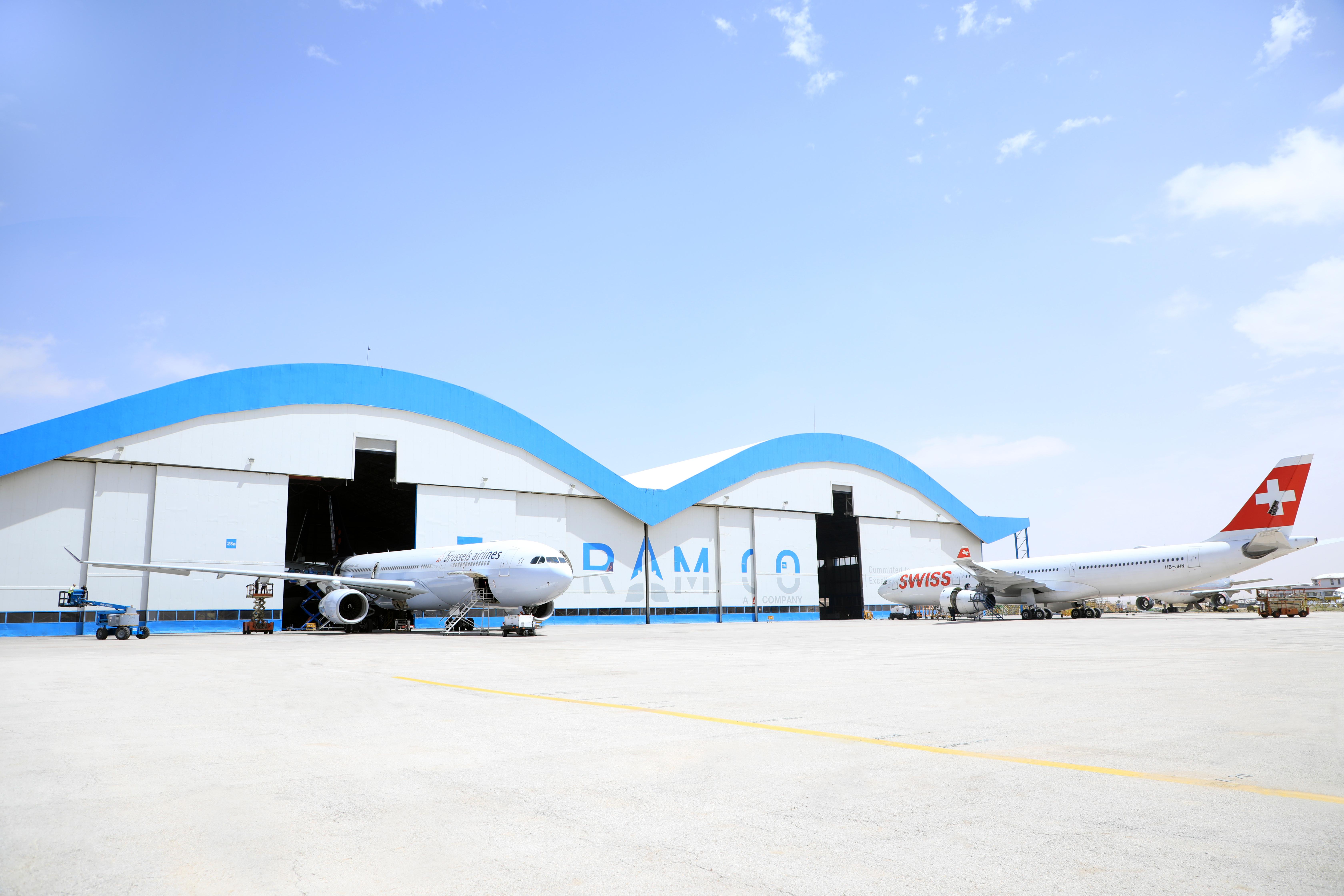
Coronavirus has affected the hot, dry nations of the Middle East more gently than most regions, with fatalities from 6-29 per million, versus a global average of 42 per million. And Jordan’s death rate was less than one per million by May 20. Nevertheless, pandemic restrictions on both air travel and movement of personnel has had a very significant impact on Joramco, according to Fraser Currie, chief commercial officer.
“Our services are very much still in demand,” Currie says. “However, the combination of crew quarantines, movements and social distancing of personnel has meant that some operators simply have been unable to come to or leave the country.”
These factors have had less impact on operators that have continual lines of maintenance at Joramco, as travel restrictions still allow for both repatriation flights and flights for maintenance work itself. For operators that have a maintenance line at the MRO, Joramco plans for their crews to drop off one aircraft and collect the previous aircraft without the need for the crew to leave the airport. “This has worked very well, and cooperation from our government and civil aviation has been exceptional,” Currie says.
Safety of its own personnel is Joramco’s number-one priority. Following instructions and laws of the Jordanian government, the MRO is restricting how many of its staff come to work. Joramco also has implemented policies to ensure that appropriate personal protective equipment is worn at all times and that social distancing is in place. “All staff and customer reps have temperature tests every day before entrying the facility, and our facilities are cleansed on a regular and systematic basis,” Currie says.
The Joramco exec confesses uncertainty about the duration of the virus slowdown. But he observes that, as the Middle East and Jordan were early adopters of very strict policies to fight the pandemic, “we expect that the Middle East, and especially Jordan, will be among the first to come out of restrictions.”
Currie stresses that Joramco, although located in the Middle East, taps business from a wide area and is not wholly dependent on the its own region. He says Joramco’s customers and partners are being extremely supportive and the MRO will right-size its business going forward.
Joramco has not requested nor does it expect to receive government aid. However, if the crisis continues for too long, Currie does not rule out seeking aid. Meanwhile, “The non-financial support we are receiving from the government and agencies such as civil aviation is exceptional and highly appreciated. This is particularly evident when it comes to repatriation flights, maintenance flights and support from medical experts to ensure our facilities are as safe as they can possibly be to protect our staff and customers,” he says.





